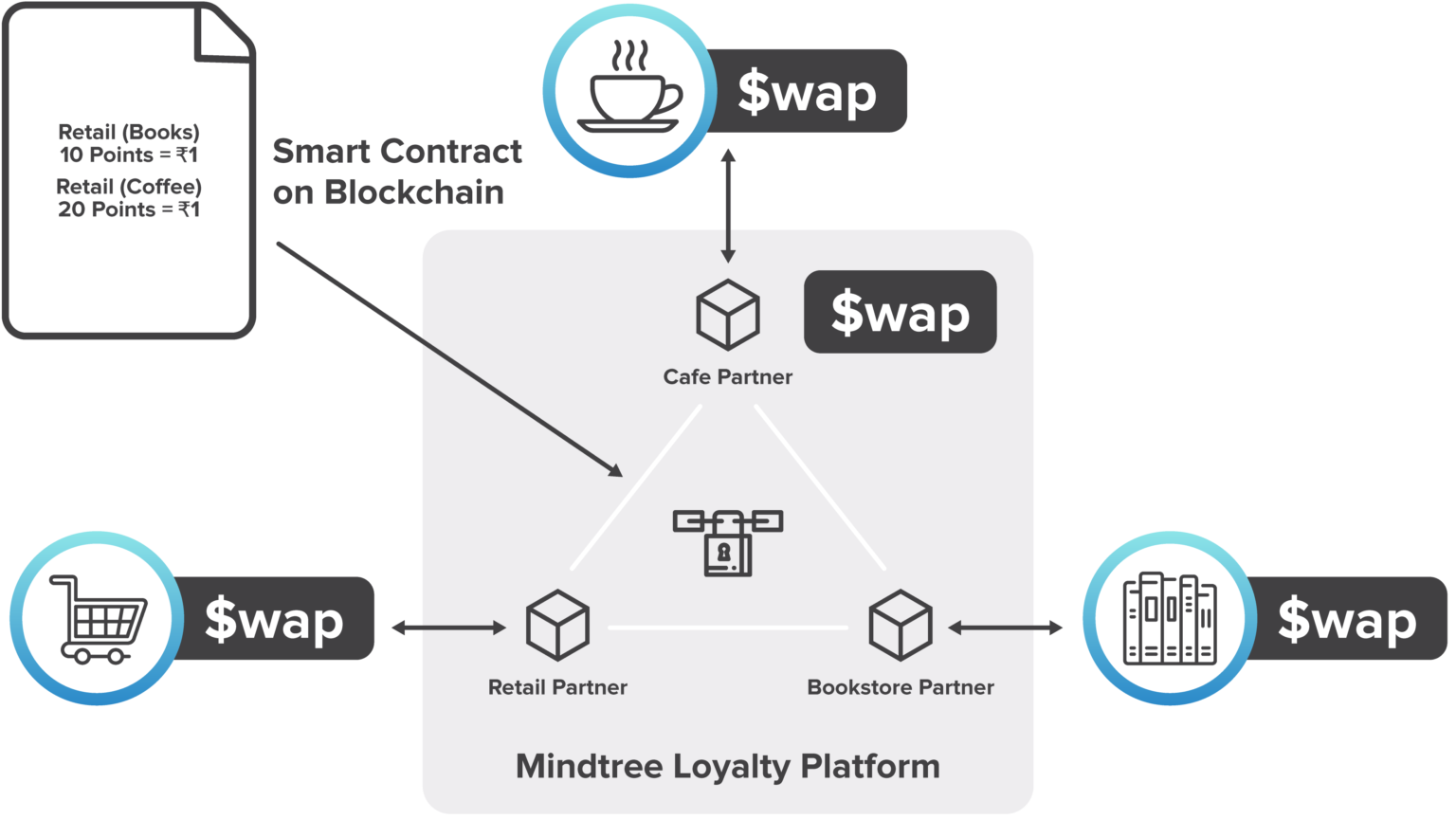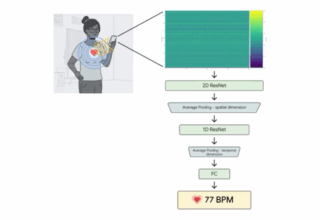Financial shares and strong oil prices bolstered U.S. stocks on Monday while currency and bond investors shrugged off Italian Prime Minister Matteo Renzi’s resignation, following voters’ rejection of his constitutional reforms.
The Italian referendum stoked worries about Italy’s political stability and its banking system, but U.S. Treasury yields reversed their fall as the initial demand for low-risk U.S. government debt faded with a euro and stock price revival.
“The initial reaction was quite negative, but as we have seen recently with other political events, risks will likely be played out over a period of time,” said Brian Daingerfield, macro strategist at NatWest Markets in Stamford, Connecticut.
U.S. stocks rose as the S&P 500 banking index erased Friday’s losses with a 1.7-percent jump and its energy index jumped 1 percent as oil futures rose.
The Dow Jones industrial average was up 84.64 points, or 0.44 percent, to 19,255.06, the S&P 500 gained 14.76 points, or 0.67 percent, to 2,206.71 and the Nasdaq Composite added 51.83 points, or 0.99 percent, to 5,307.49.
Benchmark 10-year Treasury note yield was up 4 basis points at 2.429 percent, while the 30-year bond yield was up over 3 basis points at 3.097 percent.
While Italy’s ‘no’ vote was anticipated, the crushing margin of Renzi’s defeat – 59 percent to 41 percent – stirred alarm among investors in Italian stock markets.
Milan’s main bourse was still down 0.4 percent after falling as much as 2 percent. Italian financials shed 2.6 percent as a 5-billion euro rescue plan for Monte dei Paschi di Siena hung by a thread.
The euro hit a 20-month low of $1.0503 before rising 0.4 percent to levels not seen since Nov. 17. The dollar index,, which tracks the greenback against a basket of six global peers, was up 0.2 percent at 100.95.
Outside of Italy, European markets took some encouragement from the sound defeat in Austria’s presidential election of a far-right candidate by a pro-European despite forecasts of a tight race.
Europe’s FTSEuroFirst index of leading 300 shares rose 0.7 percent and Germany’s DAX rose 1.6 percent.
In Asia, MSCI’s broadest index of Asia-Pacific shares outside Japan fell 0.2 percent and Japan’s Nikkei closed down 0.8 percent.
China’s CSI 300 index tumbled 1.7 percent and Hong Kong’s Hang Seng index retreated 0.3 percent after U.S. President-elect Donald Trump took to Twitter to complain about Chinese economic and military policy.
In oil futures, Brent crude continued its rally after last week’s historic OPEC production. It rose above $55 a barrel for the first time since July last year before paring gains to trade up 39 cents at $54.85. West Texas Intermediate (WTI) crude CLc1 traded up 5 cents, at $51.72 a barrel.
[Source:- Reauters]


















